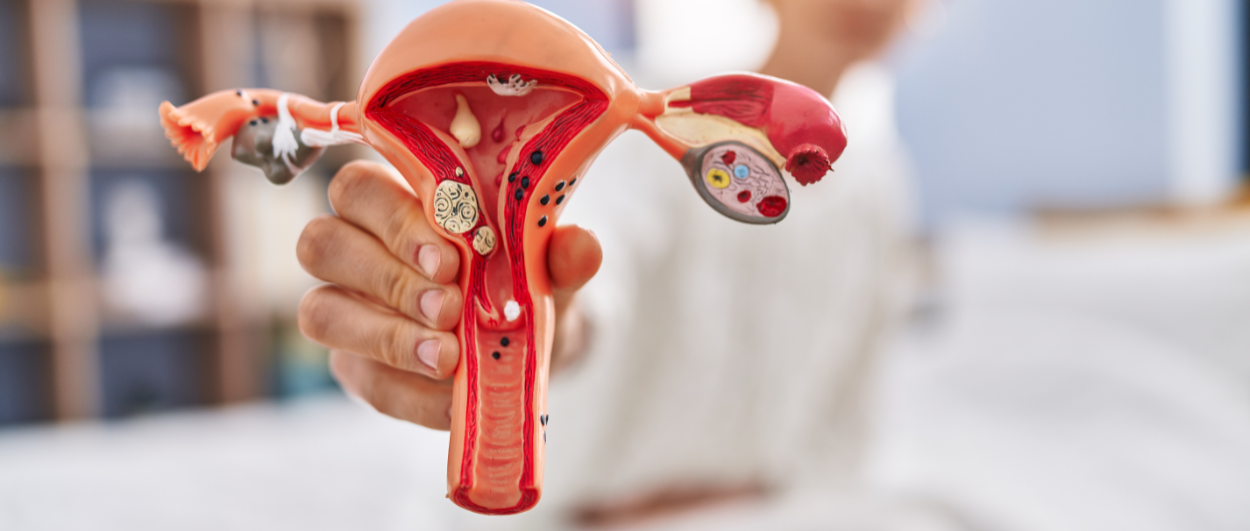Male infertility is a growing concern for many couples trying to conceive. One lesser-known yet significant cause of male infertility is a condition called varicocele. While often asymptomatic, varicoceles can have a profound impact on male fertility, making early fertility diagnosis and appropriate fertility treatment essential for men who may be struggling to start a family.
In this article, we explore what varicocele is, its causes, how it’s diagnosed, how it can impact male fertility, and the various treatment options available – including how it ties into broader conception support strategies.
What is a Varicocele?
A varicocele is a swelling or enlargement of the veins within the scrotum, specifically those in the pampiniform plexus. This network of veins is responsible for draining blood from the testicles. Varicoceles are often described as being similar to varicose veins that occur in the legs but are located in the scrotal area.
It’s a fairly common condition, affecting approximately 15% of men overall, and up to 40% of men with diagnosed infertility.
What Causes Varicocele?
The exact cause of varicoceles isn't always clear, but they typically occur when the valves inside the scrotal veins don't function properly. This malfunction leads to a backflow of blood, causing the veins to dilate and create a varicocele.
Several risk factors may increase the likelihood of developing a varicocele:
-
Age: Most varicoceles develop during puberty.
-
Physical activity: Heavy lifting or prolonged standing can increase pressure in the scrotal veins.
-
Genetic predisposition: A family history of varicose veins or varicoceles may elevate the risk.
Whilst they can appear on both sides of the scrotum, varicocele most commonly develop on the left side due to the specific anatomy of the male reproductive system.
How is Varicocele Diagnosed?
A varicocele is usually discovered during a physical examination, often as part of a routine check-up or fertility diagnosis work-up. The doctor may feel a "bag of worms" texture in the scrotum, particularly when the patient is standing.
If a varicocele is suspected, further diagnostic methods may include:
-
Scrotal ultrasound: This imaging test can confirm the presence, size, and severity of the varicocele.
-
Doppler ultrasound: This variant assesses blood flow to help detect reversed or slowed flow indicative of varicocele.
In cases of unexplained male infertility, identifying a varicocele can help guide the appropriate course of action for fertility treatment and conception support.
How Does Varicocele Affect Male Fertility?
A varicocele can have a detrimental effect on male fertility in several ways:
-
Increased scrotal temperature: Varicoceles can disrupt the natural cooling mechanism of the testicles, leading to elevated temperatures that impair sperm production and function.
-
Oxidative stress: Varicoceles can promote the build-up of reactive oxygen species, which damage sperm DNA and reduce sperm quality.
-
Hormonal imbalance: They may affect testosterone production, which is crucial for healthy sperm development.
-
Impaired blood flow: Stagnant or pooled blood may limit the oxygen and nutrients needed for sperm maturation.
Research has shown that men with varicoceles may exhibit:
-
Low sperm count
-
Poor sperm motility (movement)
-
Abnormal sperm morphology (shape)
-
Fragmented sperm DNA
All of these factors contribute to difficulty in conceiving, making varicocele a major cause of male infertility.
What Treatment Options Are Available?
Treatment of varicocele is not always necessary—especially if there are no symptoms or fertility concerns. However, when male infertility is a factor, addressing the varicocele can significantly improve reproductive outcomes.
1. Lifestyle Modifications
While not a cure, certain changes can support testicular health:
-
Wearing supportive underwear
-
Avoiding excessive heat (e.g., saunas, hot baths)
-
Reducing heavy lifting and prolonged standing
-
Antioxidant supplements may support sperm health in mild cases
2. Varicocelectomy
This is a surgical procedure to tie off or remove the enlarged veins. It can be done through various approaches, including:
-
Open surgery
-
Laparoscopic surgery
-
Microsurgical varicocelectomy (the most precise and commonly recommended method)
Studies suggest that varicocelectomy improves semen parameters in up to 60–80% of men and increases the chances of natural conception.
3. Percutaneous Embolisation
A minimally invasive procedure where a radiologist inserts a catheter into a vein and blocks off the varicocele using coils or a special solution. This alternative to surgery is less common but may be suitable for some patients.
4. Assisted Reproductive Techniques (ART)
If natural conception remains elusive post-treatment, fertility treatment options such as IUI (Intrauterine Insemination) or IVF (In Vitro Fertilisation) may be advised. These can be used alongside varicocele repair or as standalone conception support methods.
Conclusion
Varicocele is a common and often under-recognised cause of male infertility. Although it may go unnoticed for years, its impact on sperm health and overall male fertility can be substantial. Fortunately, with proper fertility diagnosis and treatment—ranging from surgery to lifestyle changes—many men can significantly improve their reproductive potential.
If you're concerned about male fertility or experiencing difficulty conceiving, speaking with a fertility specialist and undergoing a semen analysis can be the first step toward identifying and addressing a varicocele or other underlying issues.
Reach out to our team here at IVF Matters by scheduling a FREE Advisory Call, to learn more about the next steps you can take to assess your fertility.
Schedule a Consultation with one of our Andrologists to learn more about male-factor infertility.






